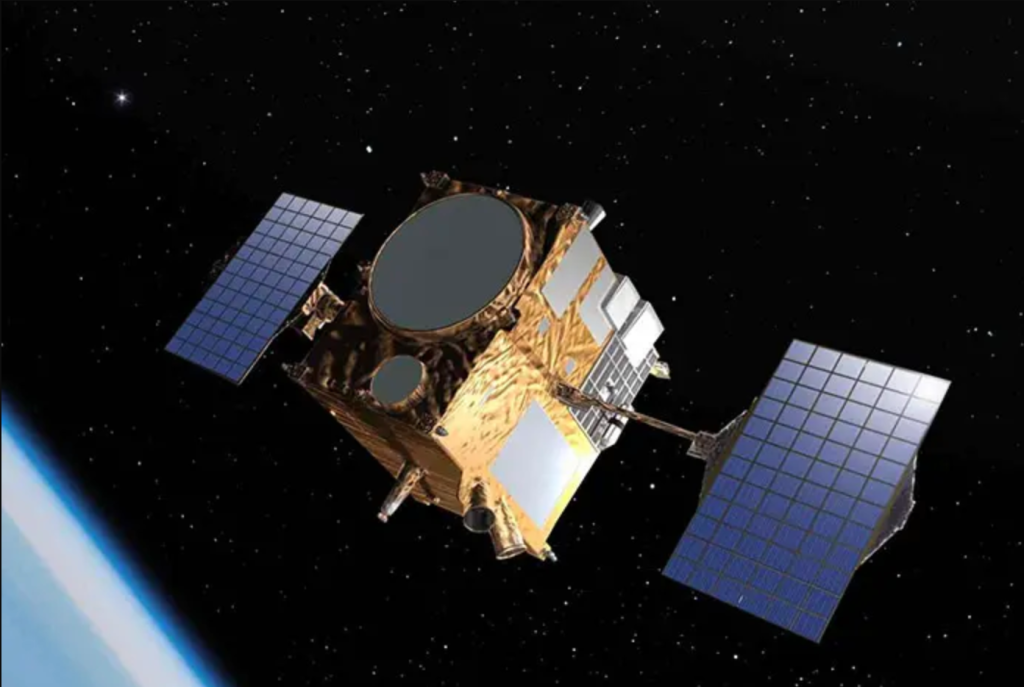
Mission Control Space Services’ Persistence mission is housed in a six-unit Spire Global Lemur cubesat equipped with an optical-imaging payload. The cubesat, launched in June on the SpaceX Transporter-14 rideshare, is undergoing commissioning. Credit: Spire Global
By Debra Werner,
Published by Space News, 12 August 2025
SALT LAKE CITY – Mission Control Space Services is inviting organizations to test machine-learning models on the Canadian startup’s Persistence mission launched in June.
“Whether you’re from a for-profit company, nonprofit or even a school, we think that the need for autonomy to meet the requirements of an increasingly complex space environment is here to stay,” Andrew Macdonald, Mission Control director of AI and autonomy, said Aug. 11 at the Small Satellite Conference here. “There is ample opportunity to gain space heritage and [technology readiness level] advancement within tech demonstrations.”
Fees to test models on Mission Control’s Marsupial flight computer will range from the “low tens to low hundreds of thousands” of dollars, Macdonald said. “We’ve tried to price it within the range of most internal research and development budgets. We’re also willing to help work to secure agency funding.”
Mission Control’s Persistence mission is housed in a six-unit Spire Global Lemur cubesat equipped with an optical-imaging payload. Along with customer models, Mission Control will test two of its own machine-learning algorithms.
Terrainosaurus is designed to identify and correct disparities between satellite imagery and a land-cover classification model. Fire Band Analysis Network, or FireBAN, is a program supported by the Canadian Space Agency to analyze imagery onboard the satellite to detect wildfires and transmit observations directly to local wildfire managers.
See: Original Article




